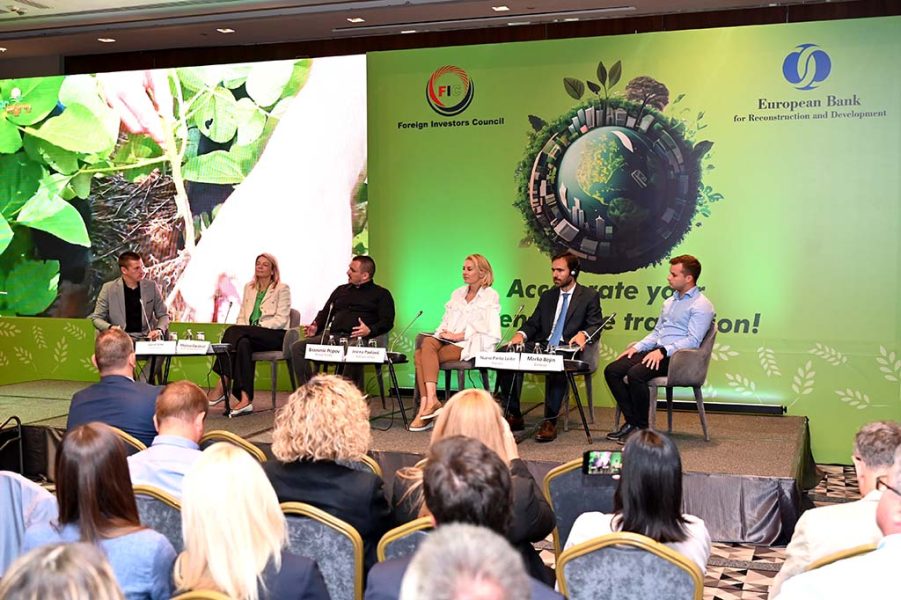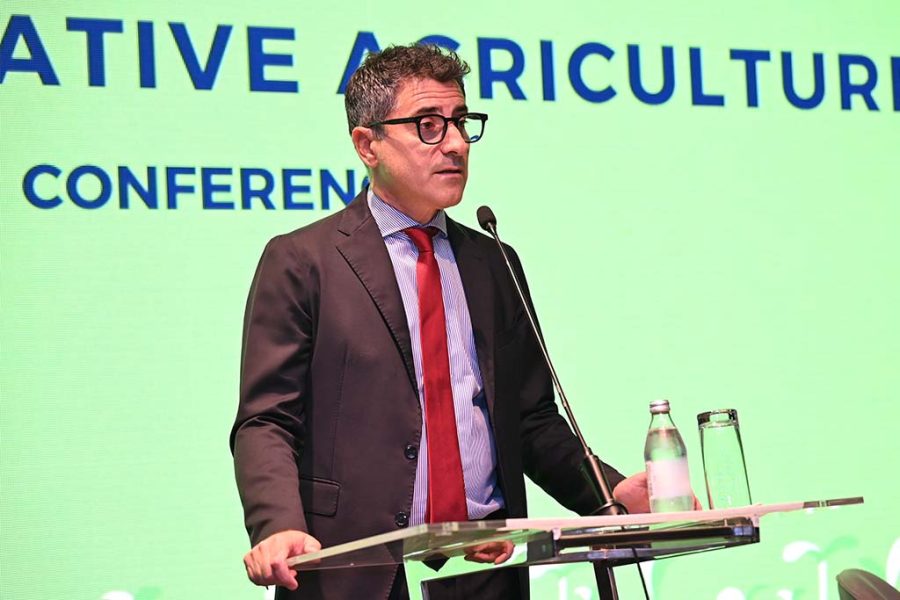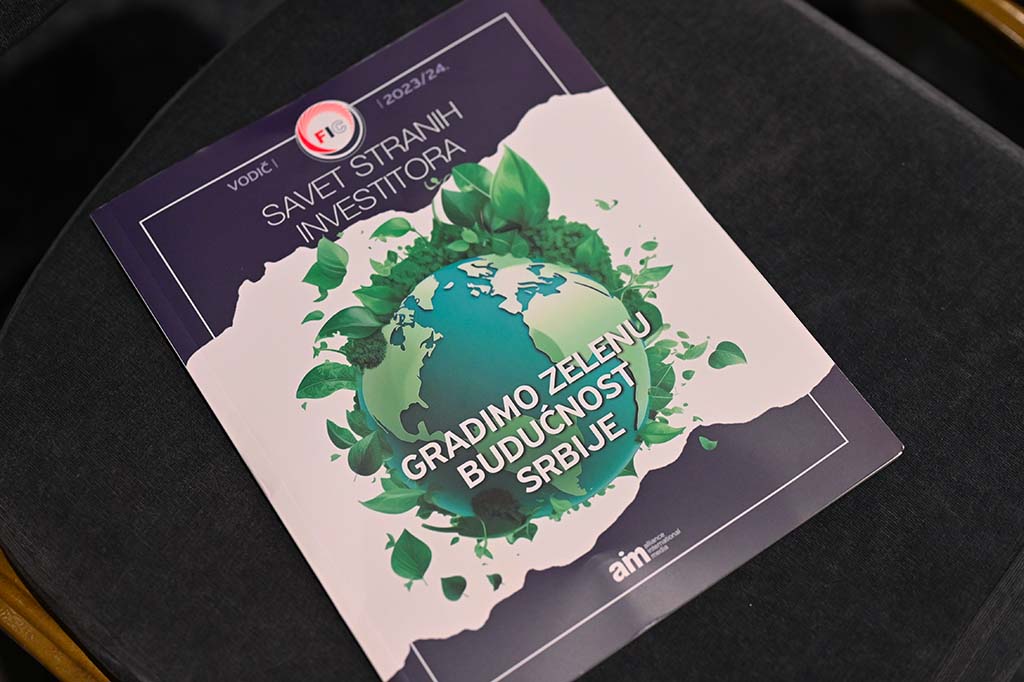The inaugural conference on regenerative agriculture has been held today in Belgrade, organized by FIC Serbia in collaboration with the EBRD.
Despite the familiar concept, many queries have surfaced regarding its role in bolstering resilience against the palpable climate changes, conserving biodiversity, safeguarding the environment, and ensuring sustainable food production for upcoming generations.

Matteo Colangeli, the Regional Director of the European Bank for Reconstruction and Development (EBRD) for the Western Balkans, expressed contentment over the collaboration with the Foreign Investors Council to elevate awareness on sustainable food production. Colangeli underscored that agribusiness remains a pivotal priority for the EBRD in Serbia, shedding light on the opportunities it presents for Serbian farmers to integrate into international value chains.

Thomas Bouriot, EBRD’s Director in charge of defining strategy and implementing climate policy, highlighted the essentiality of adopting regenerative agricultural practices that enhance soil health and promote resource efficiency. He emphasised that these practices are vital in addressing the challenges of the food sector in the 21st century. Additionally, Bouriot reminded that the European Union has committed to ambitious goals in sustainable food production, influencing not only the EU but also the countries exporting to its market.

He added that the Serbian government will continue its substantial efforts in fostering sustainable agricultural practices.

Sandra Corsi accentuated the necessity to intensify public-private collaboration to ensure market-driven and economically sustainable practices.
Bojan Vranjković, State Secretary at the Ministry of Agriculture, Forestry and Water Management, conveyed that regenerative agriculture is more than a passing trend; it is a movement with the potential to shape the future of agriculture both in Serbia and globally.